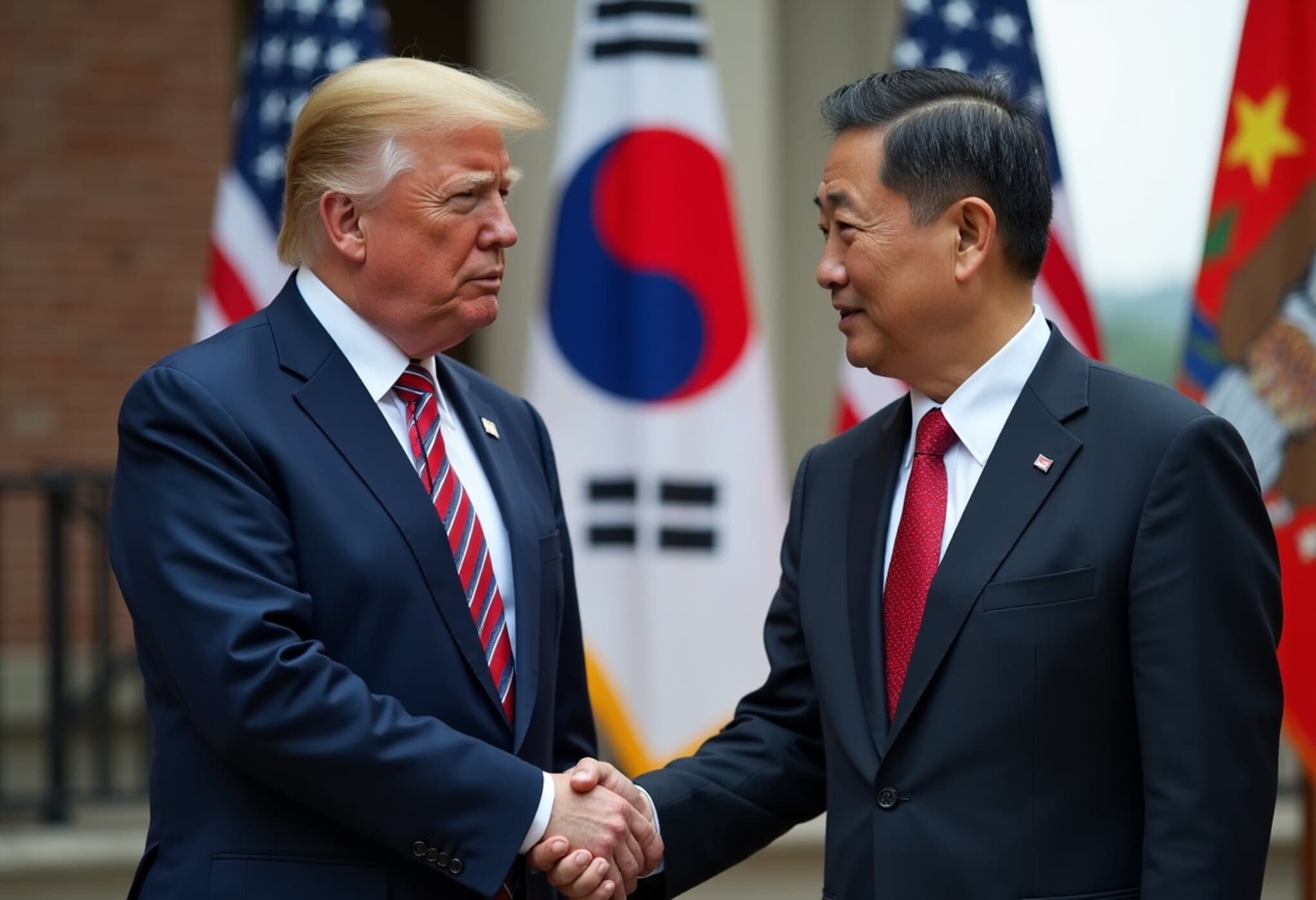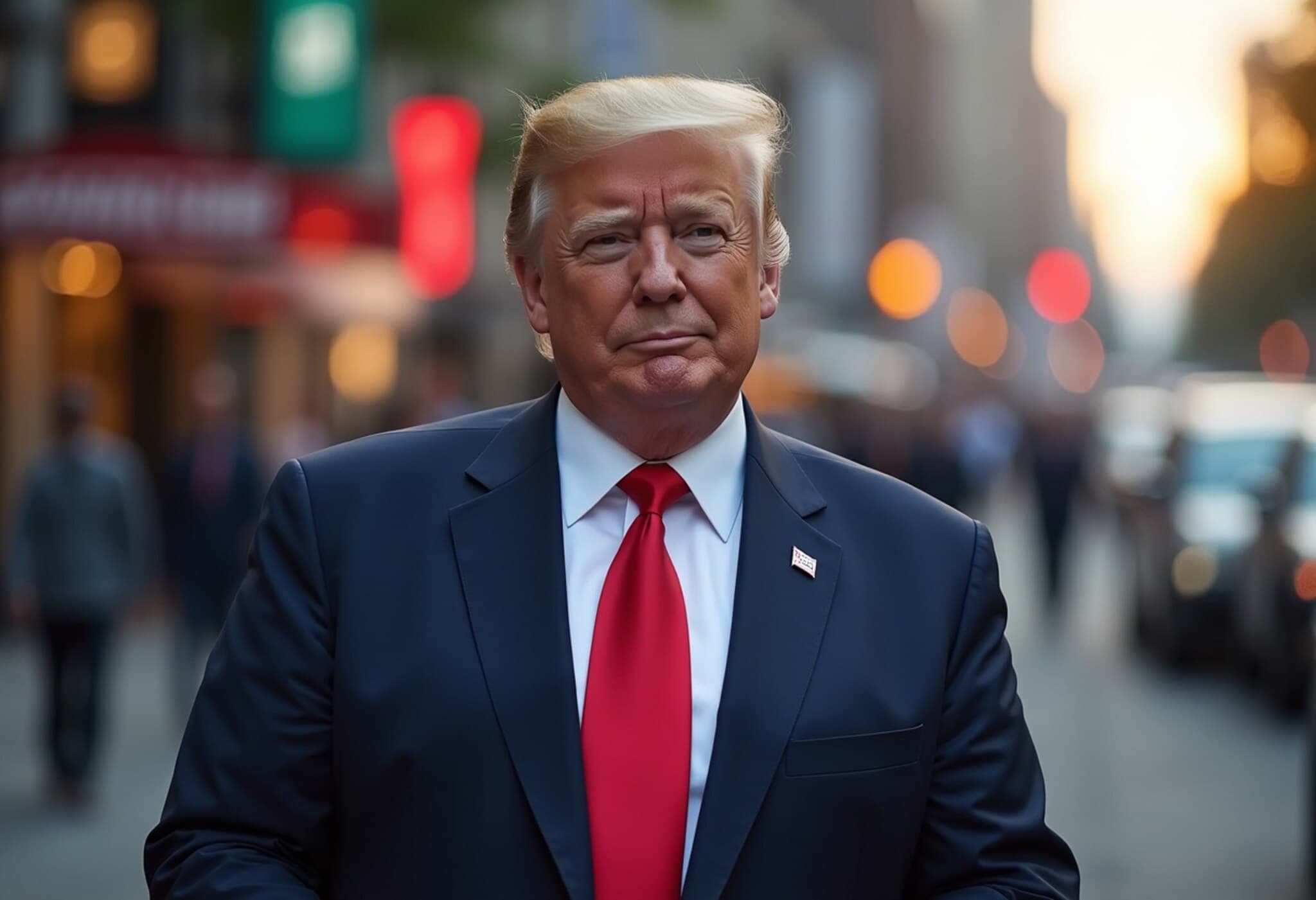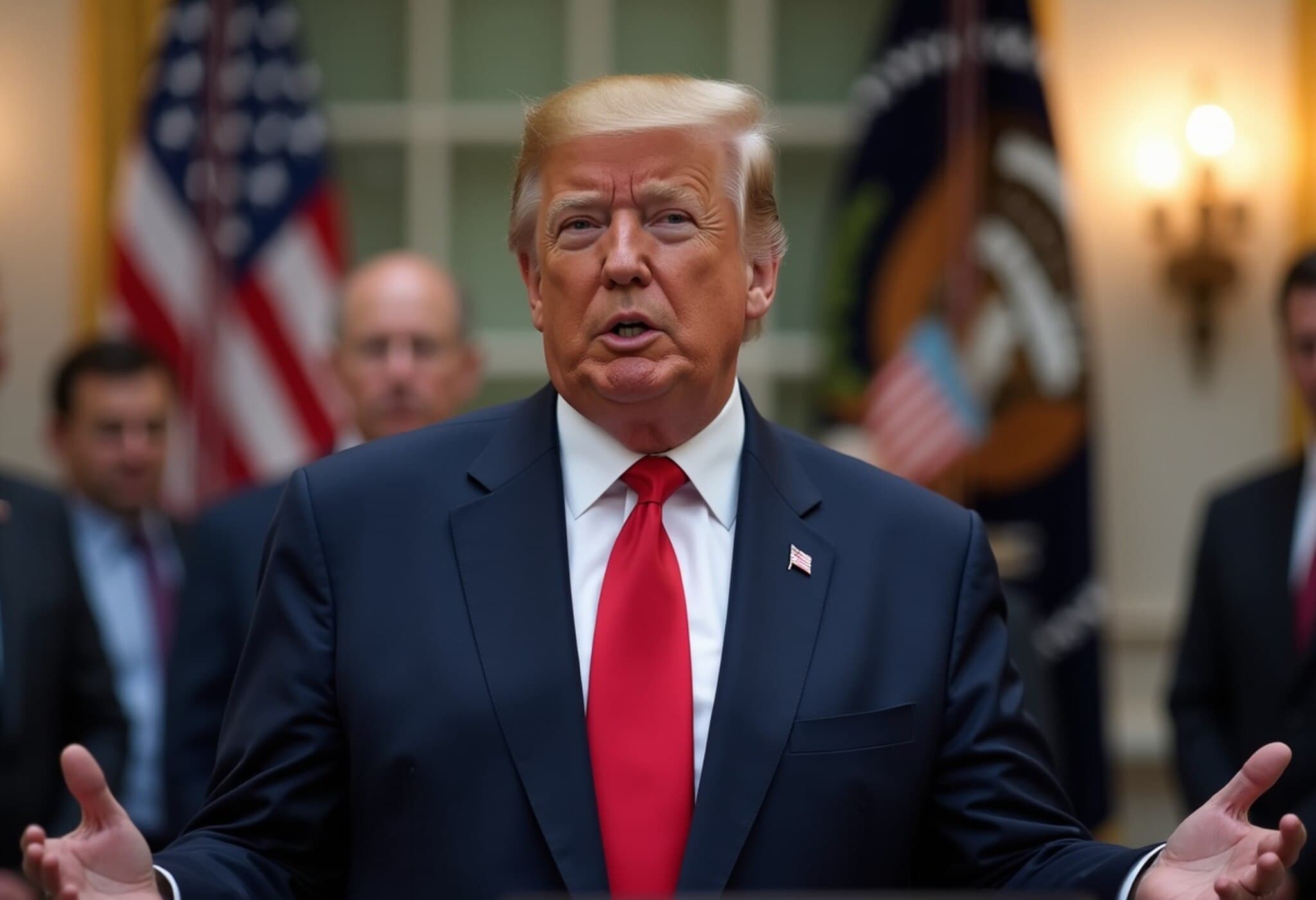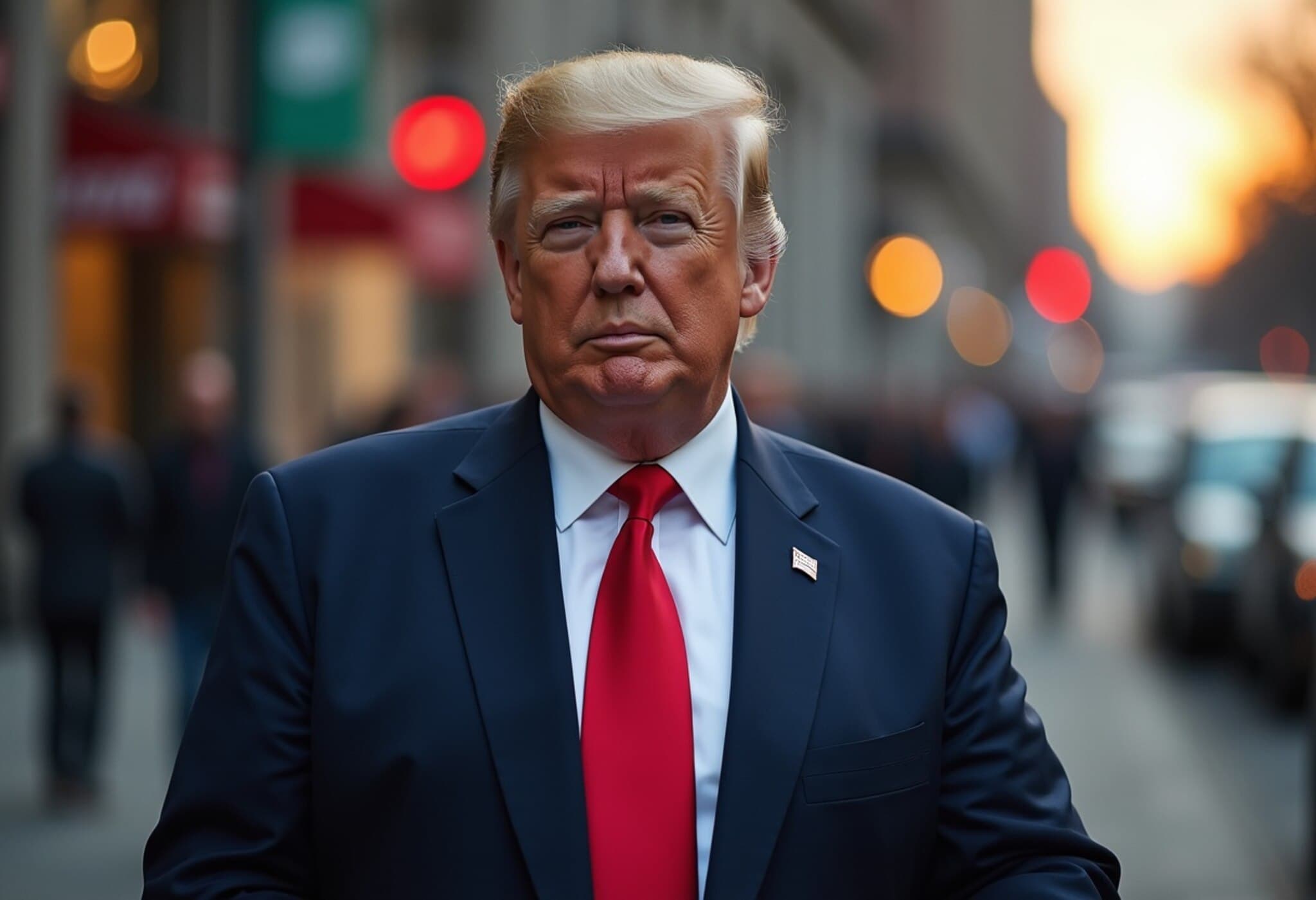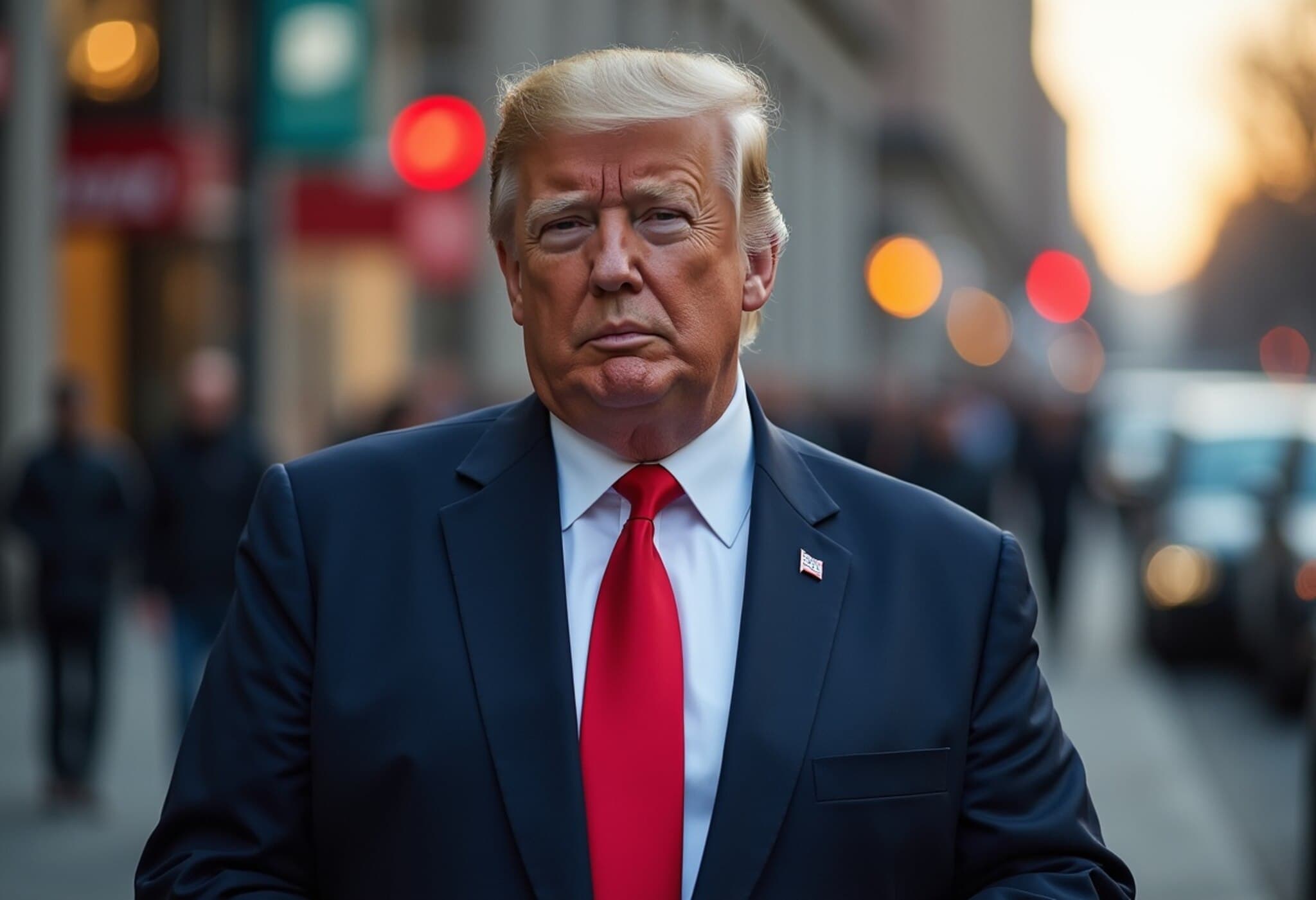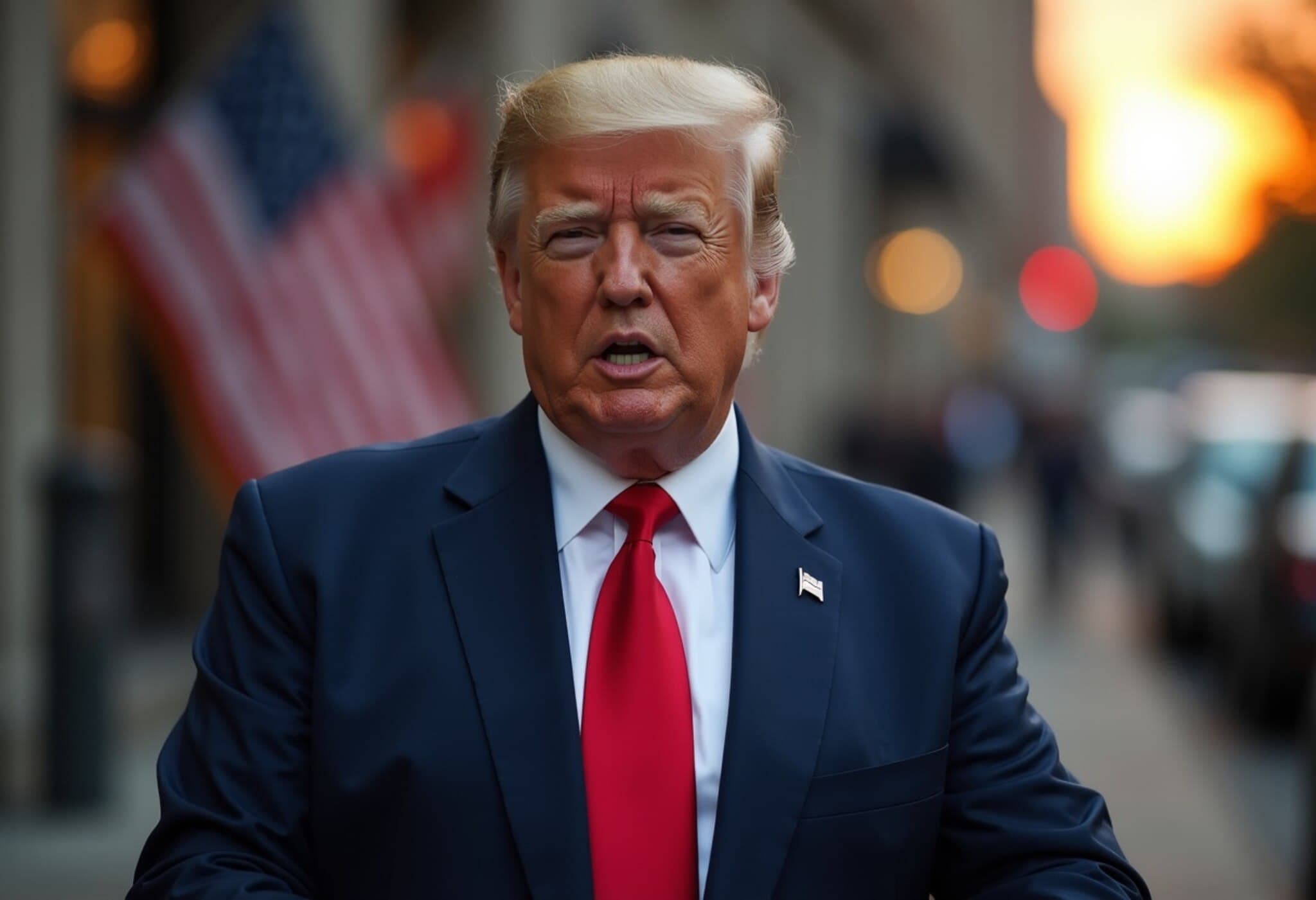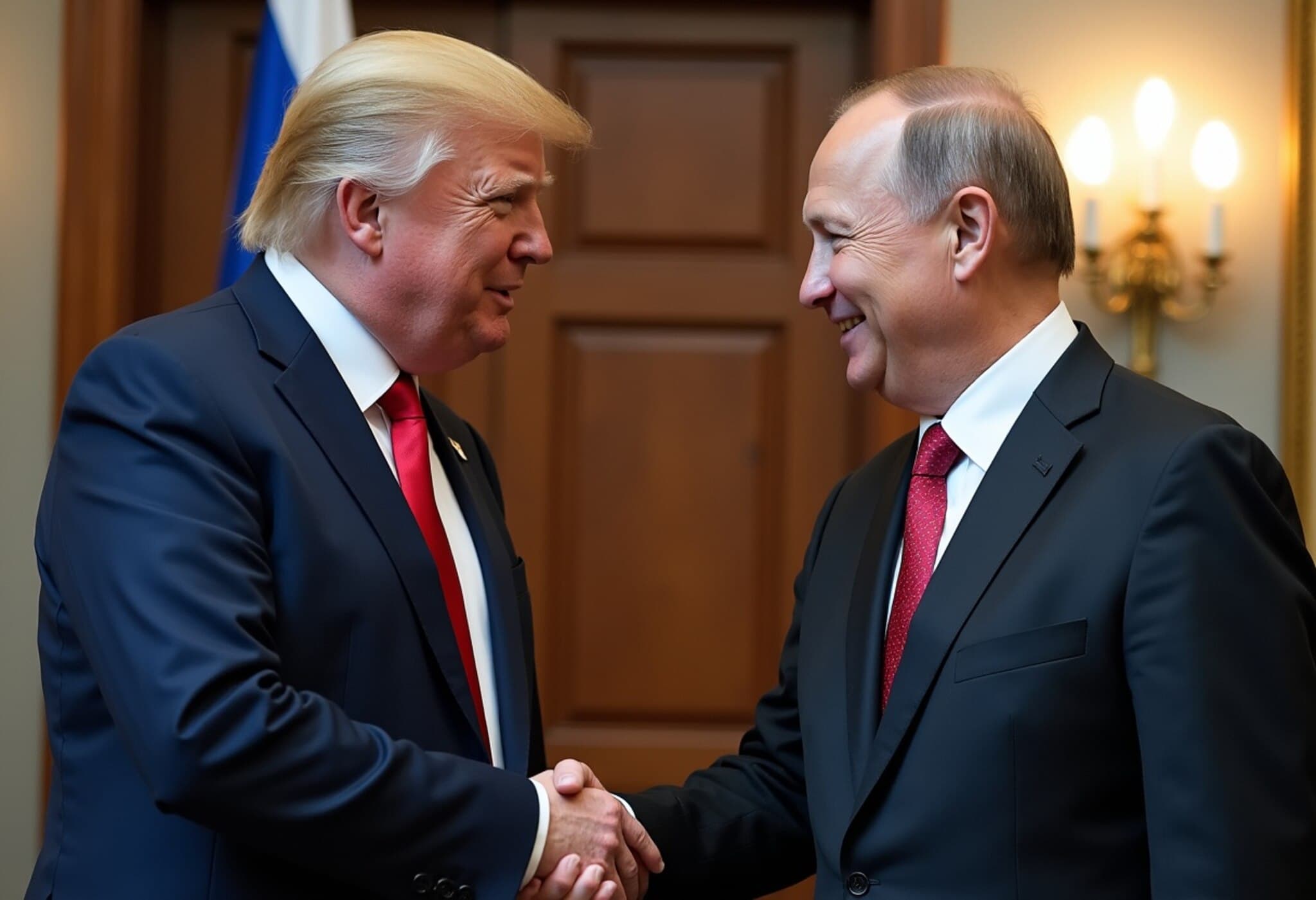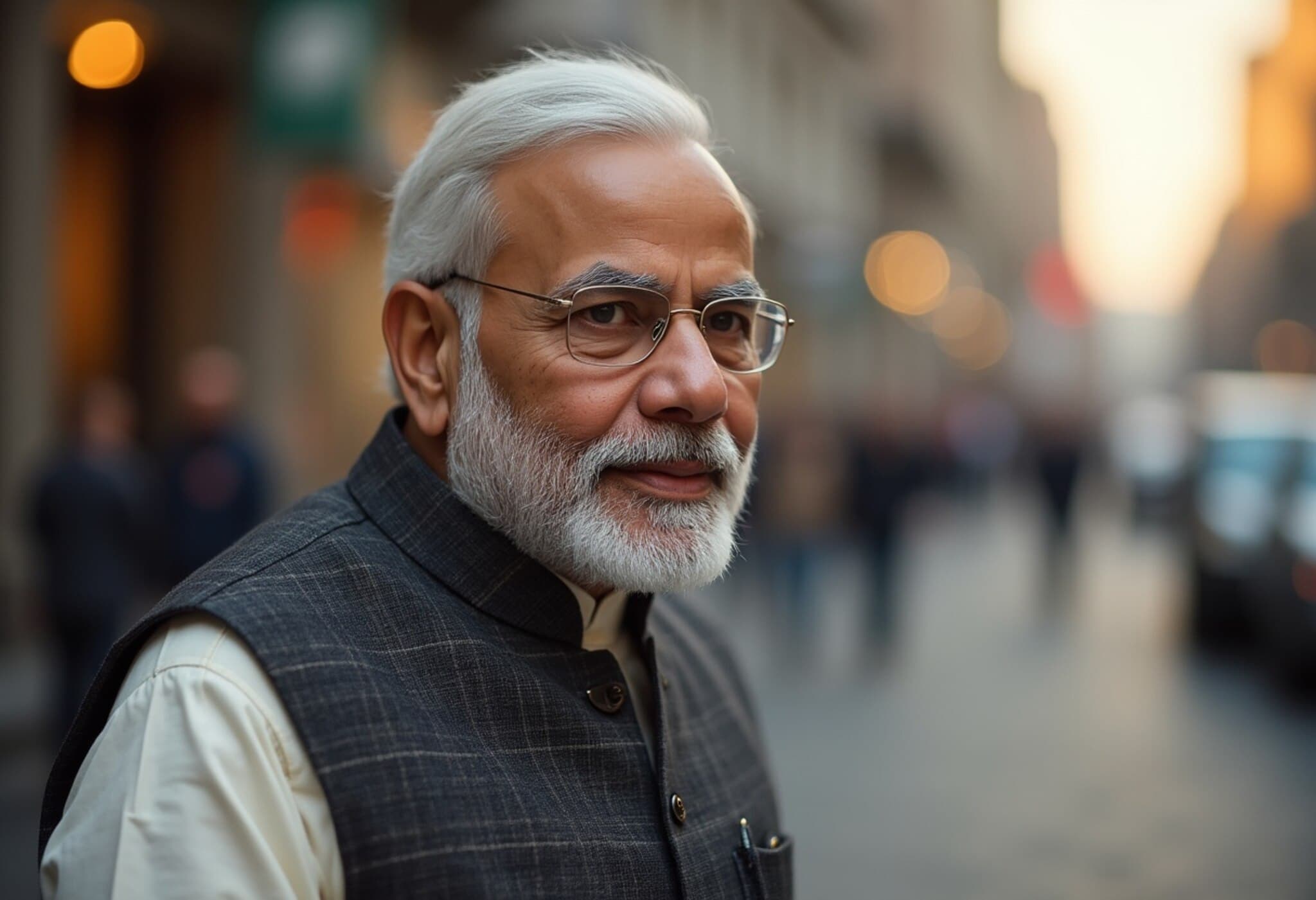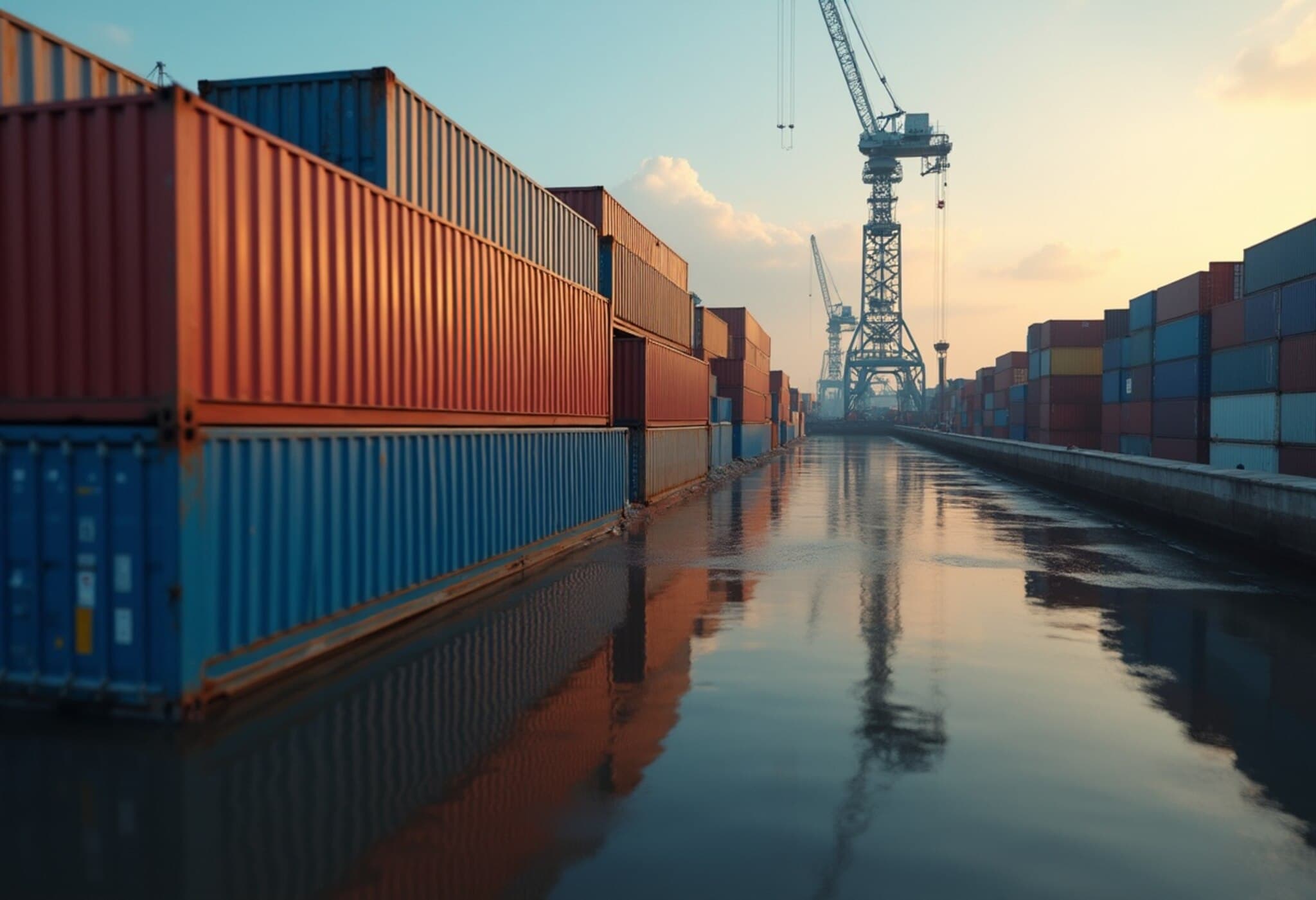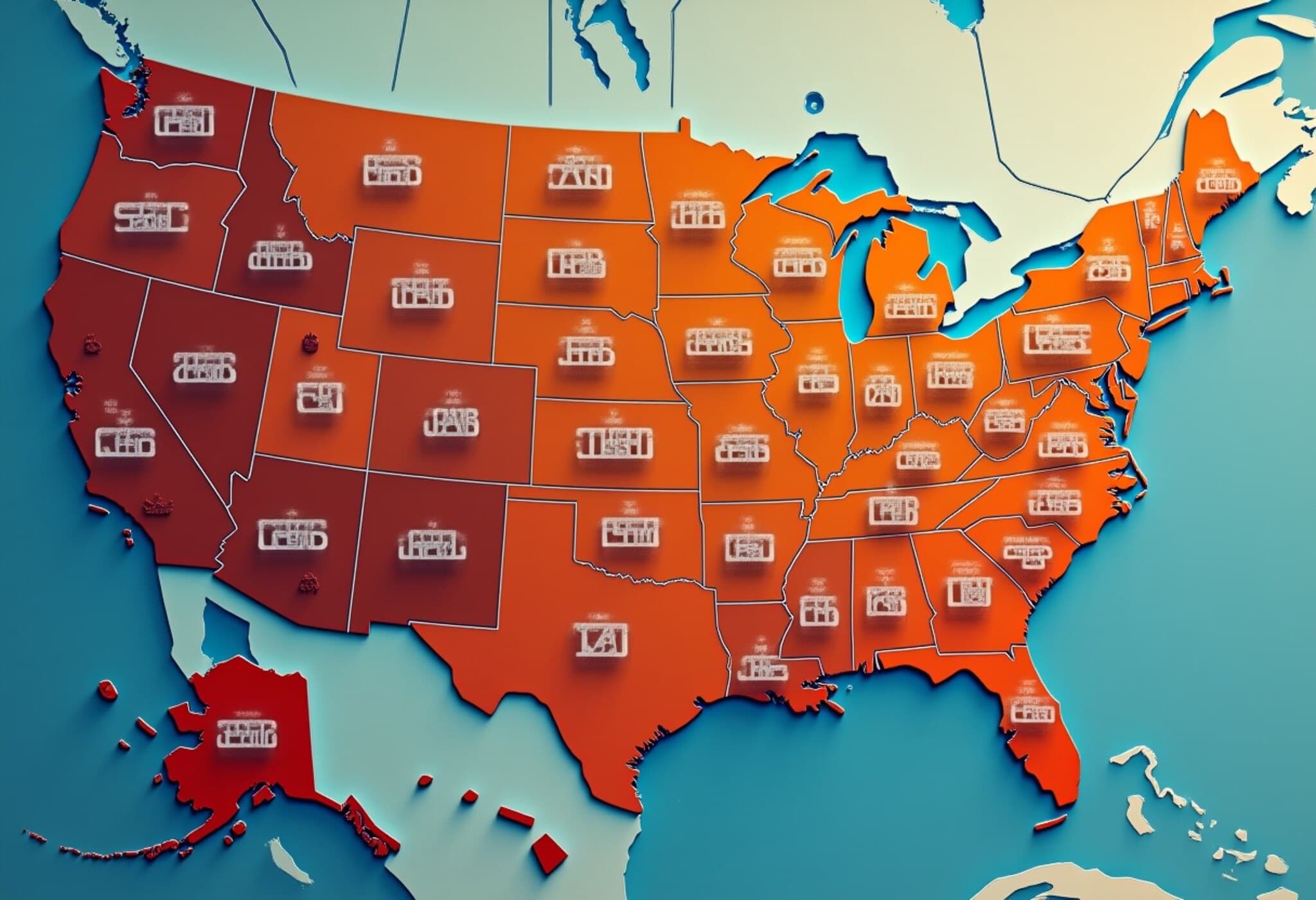EU Commission Chief Ursula von der Leyen Criticizes Trump’s Tariff Hike
In a decisive response to newly announced tariffs by US President Donald Trump, Ursula von der Leyen, President of the European Commission, strongly condemned the plan to impose a 30% tax on key US trading partners, including the European Union and Mexico. Speaking on July 12, 2025, von der Leyen emphasized the urgent need for dialogue ahead of the looming August 1 deadline to prevent significant economic disruption.
Tariff Increase Threatens Vital Transatlantic Trade Ties
President Trump declared that starting August 1, 30% tariffs would apply to imports from the EU and Mexico, escalating tensions in ongoing trade disputes that have reverberated across global markets. Von der Leyen warned that such steep levies could undermine critical supply chains spanning multiple industries, adversely affecting businesses, consumers, and even patients on both continents.
“Imposing 30 percent tariffs on EU exports would disrupt essential transatlantic supply chains, to the detriment of businesses, consumers and patients on both sides of the Atlantic,” she stated, underscoring the interconnectedness that defines the modern global economy.
European Commission Pushes for Negotiated Resolution
Despite the aggressive tariff schedule announced by the US, the EU remains committed to seeking an amicable solution. Von der Leyen reiterated that the bloc is poised to engage in talks to find common ground before the August 1 enforcement date. Concurrently, Brussels is preparing proportional countermeasures to protect European interests if necessary.
“We remain ready to continue working towards an agreement by August 1. At the same time, we will take all necessary steps to safeguard EU interests, including the adoption of proportionate countermeasures if required,” she elaborated.
Context: Trade Imbalances and Previous Tariffs
The roots of this latest escalation lie in Washington’s assertions about trade imbalances and Mexico’s alleged role in illicit drug trafficking. The new 30% tariff rate surpasses an earlier 20% levy announced in April, marking an intensification of economic pressure.
Separately, the EU had prepared retaliatory tariffs amounting to approximately €21 billion on US goods, pending since earlier steel and aluminum tariffs imposed by the Trump administration. While these countermeasures remain suspended until mid-July, European diplomats remain vigilant and ready to act swiftly if negotiations fail.
Implications for Transatlantic Relations and Global Markets
Von der Leyen stressed that few economies in the world match the EU’s commitment to open and fair trade, positioning the bloc as a stabilizing partner in a fragile geopolitical climate. The situation highlights larger questions about the future of transatlantic economic cooperation amid rising protectionism and geopolitical uncertainty.
- Economic experts warn that escalating tariffs risk cascading effects on supply chains and consumer prices.
- Policy analysts note that this trade conflict may influence discussions on international trade agreements and reforms.
- Legal scholars consider the ramifications under WTO rules and potential challenges in trade dispute settlements.
Looking Ahead: The August 1 Deadline
As anticipation builds toward the August 1 tariff enforcement date, a special meeting involving ambassadors from the EU’s 27 member states convened in Brussels on Sunday to deliberate on the situation and formulate a collective response.
With transatlantic economic stability hanging in the balance, stakeholders on both sides are urged to prioritize dialogue and diplomacy to prevent a disruptive trade war that could ripple across the global economy.
Editor’s Note
The unfolding tariff drama between the US and the EU underscores the delicate balance between national interests and global economic integration. While protectionist measures may offer short-term leverage, they risk long-term damage to the intricate supply networks connecting industries worldwide. This moment calls for renewed commitment to transparent dialogue and cooperative solutions, lest escalating tensions tip the scales away from mutual prosperity.
Readers are encouraged to consider how these trade policies might affect their industries, markets, or even consumer choices, and to watch closely as diplomatic efforts evolve in the coming weeks.


